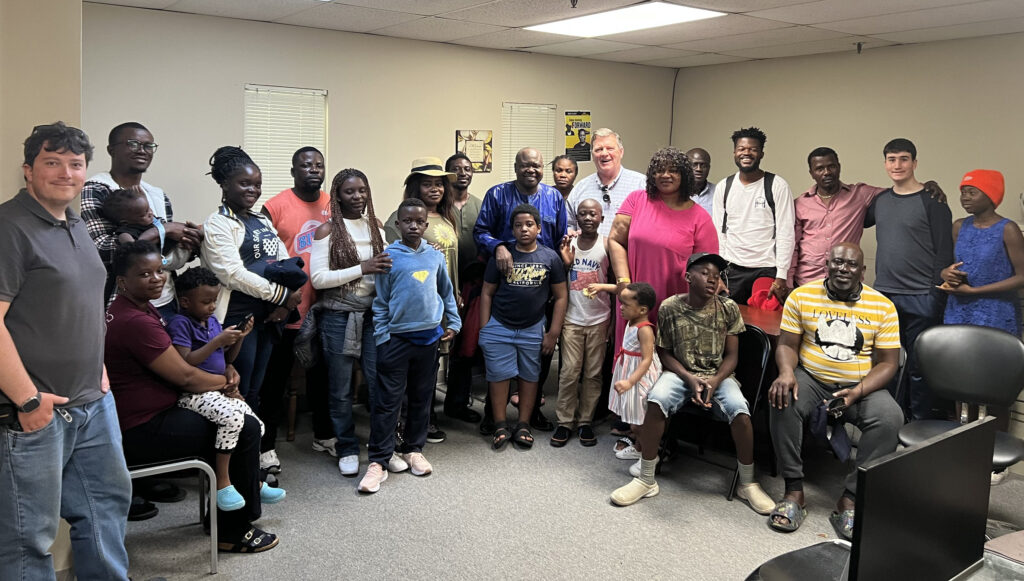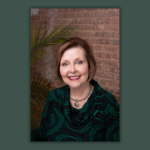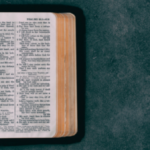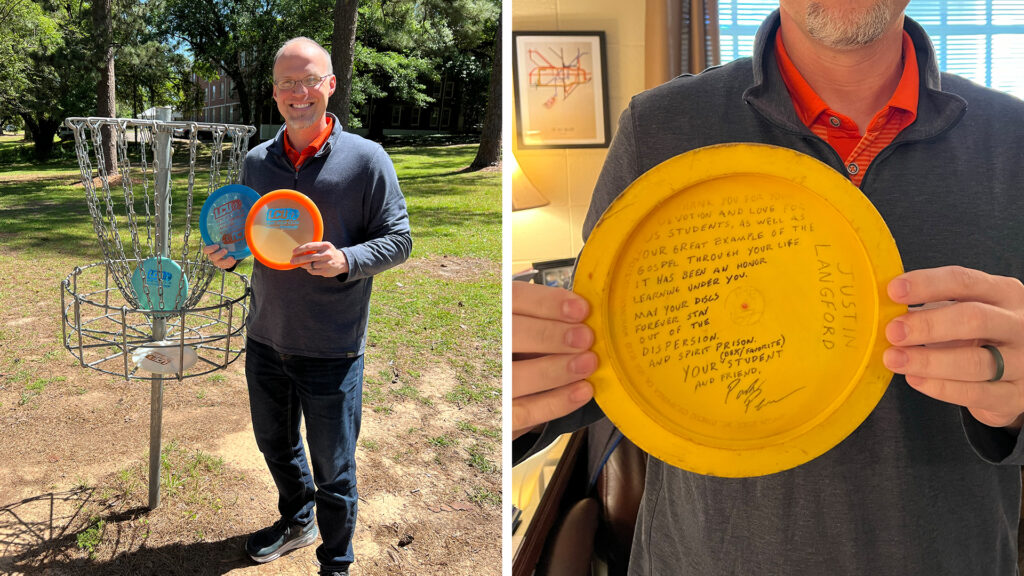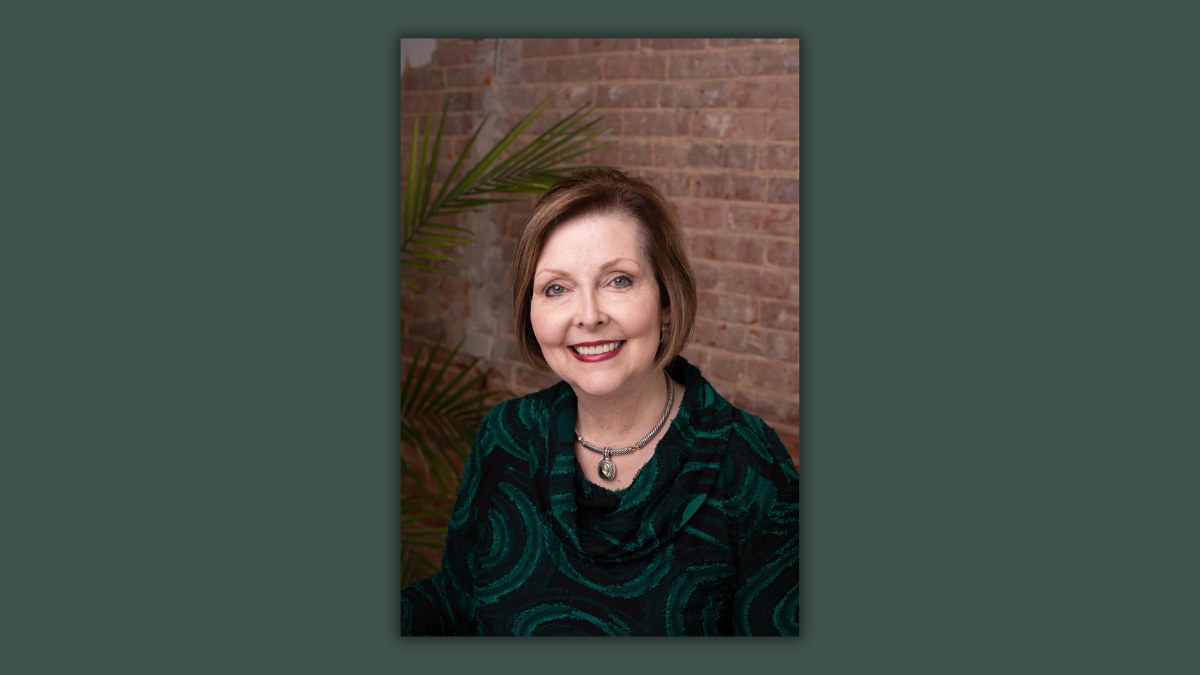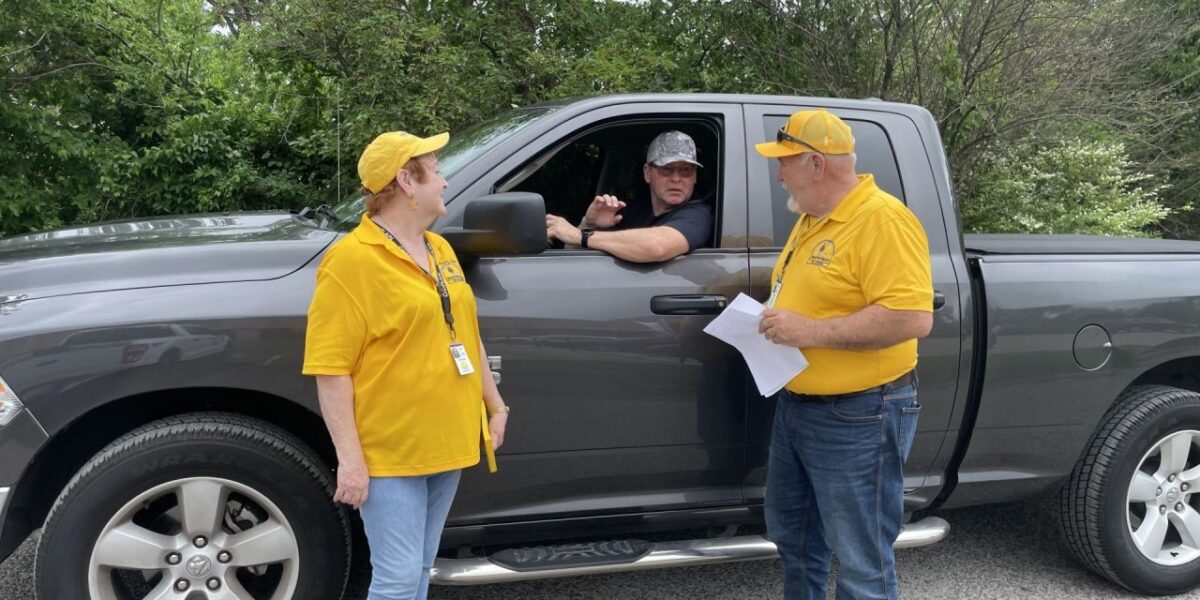Portland, Maine is not generally considered a hub for immigrants. The city is often known more for its lobsters, cobblestone streets and an iconic lighthouse. But, according to the Maine Immigrants’ Rights Coalition, the state is home to 87,200 immigrants and refugees including asylum seekers and undocumented people of all ages — about 24,000 of them live in metro Portland.
Enter pastor Lawum Kayamba. He is a native of the Democratic Republic of the Congo (DRC). And in 2010, he started Disciples International Christian Church, a thriving multicultural, evangelical church.
In the DRC, Kayamba was a national evangelist for the Mennonite Brethren Church of Congo and a teacher at the Christian University of Kinshasa. In addition to being a full-time pastor, Kayamba works full-time bivocationally as an outreach tutor for the certified nursing assistant (CNA) program at St. Joseph’s Rehabilitation and Residence, a subsidiary of Maine Medical Center.
Healthcare assistants have been in short supply in Portland, especially since the COVID-19 pandemic, so Kayamba also teaches immigrants nursing skills, as well as Bible basics and financial literacy.
Kayamba came to the United States in 2005 when he was invited to attend a Dynamic Church Planting International conference in California. Because of civil unrest in the DRC, he could not return home — so he applied for and received asylum in March 2006.
After living in New Britain, Connecticut and Cincinnati, Ohio, Kayamba and his family relocated to Maine, where he planted the church in May of 2010 to spread a message: “Jesus is sufficient. He is our hope for a broken world.”
Kayamba enjoys an active ministry with many demands each day. He acknowledged that “when you have been a pastor for as long as I have, there are scars. It’s challenging and there is a cost.”
His ministry efforts can be stressful among his marginalized neighbors, some of whom are in desperate need of everything — from food to shelter to transportation to friendship — when they arrive from many other countries.
While Kayamba was living in Augusta, Maine, a woman from Angola — who had just arrived in Portland — called on the pastor when she did not know where to buy cassava and the other ingredients that she needed to prepare fufu, the favored porridge to which she was accustomed. In response, he drove two hours roundtrip to take her grocery shopping at the city’s only African market.
‘The Lord is calling us to Portland’
Reflecting on that opportunity, he and his wife, Suzanne Makala Kayamba — who works in healthcare — decided that “the Lord is calling us to Portland.” They sold their Augusta home and relocated to Portland along with their seven children and five grandchildren.
After moving, Kayamba says that life in Portland for an African “was amazing! [He] found a lot of immigrants from [his] country, and from Rwanda, Uganda and Cameroon. The Lord began to ask [him] if [he] would start something among them.”
He did start something — a Bible study group on Saturdays at the Riverton School on Forest Avenue. When that outreach grew sufficiently, Kayamba commenced worship meetings and moved the church to The Salvation Army on Cumberland Avenue, where they stayed for eight years until January 2023 when the space was no longer available.
Disciples International Christian Church now gathers for more than two hours Sunday afternoons at First Parish in Portland, which is said to be the oldest place of worship in the city. The Unitarian Universalist congregation advertises itself as “welcoming and affirming.” Kayamba’s group, which also meets there Saturdays, affiliates with the Baptist Churches of New England.
Deciding to meet at a church that is so different theologically, Kayamba admitted, “was very challenging.” He said they “prayed and prayed,” and they believe God opened the door for them to meet at that building, which is listed on the National Register of Historic Places.
‘Heart languages’
Kayamba, 63, preaches in French and second-generation young adults translate his words into English. Others in the church speak Portuguese and several African “heart languages.”
When asked what a guest might expect when visiting the church, he replies: “Bring your dancing shoes!” The African worship style, he says, is “energetic. We are fired up because of what the Lord did for us. Sunday is not an ordinary day. It is a rendezvous with the ‘perfecter of our faith,’” he said, referencing Hebrews 12:1-2.
The church began with five people plus the pastor’s family. Today, about 150 people attend worship.
“This is what God can do!” Kayamba exclaimed.
In addition to his home country, the DRC, he serves immigrants from Nigeria, Rwanda, Angola, Burundi and the Republic of the Congo (Brazzaville) — and citizens of the United States. The pastor recently baptized a young white American man who is planning to invite family and friends to join him there. The church seeks to be truly multicultural.
The City of Portland has recognized Kayamba for his years of service to immigrants — and the city now refers immigrants to him.
When he discovers people in need, he visits the hotel or shelter where they temporarily reside. Along with church volunteers, he assists them with translation, transportation, shopping, permanent housing, employment, education and numerous other practical matters of daily living in this country.
“We start by serving them, and later they will want to know where we are from; they inquire about the church, and many decide to attend. Unconditional service earns a hearing for the gospel,” Kayamba said.
‘I need God’s strength’
Recently Kayamba encountered eight immigrant families, about 20 people including the children. For lack of a better option, they were sleeping outdoors. The pastor welcomed them to stay at the church, where he provided sufficient food and water. He soon found alternative residences for the families in nearby Sanford.
The pastor reflects, “I’m coming from the same background as them. I know what is suffering. I know what they’re going through. I could be in their shoes. I can relate to them.”
Thinking about his new friends, Kayamba added, “It’s really hard to see a small kid outside when it’s very cold. If we can do something, we need to do it. I cannot do it on my own, but I need God’s strength. The love of Christ is pushing us to come to the aid of our neighbors who are going through a lot.”

